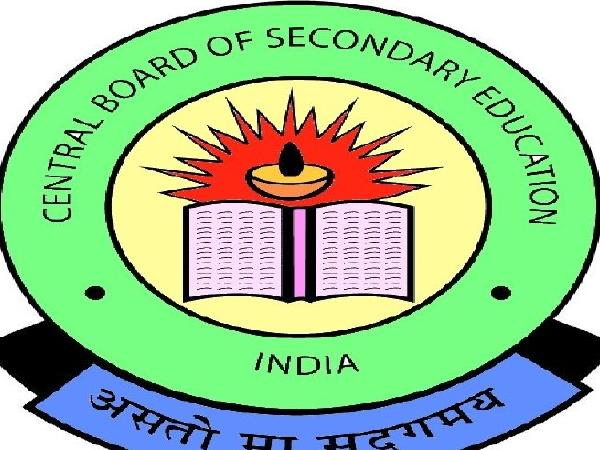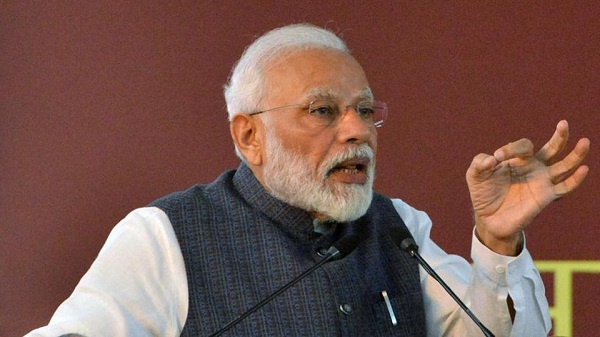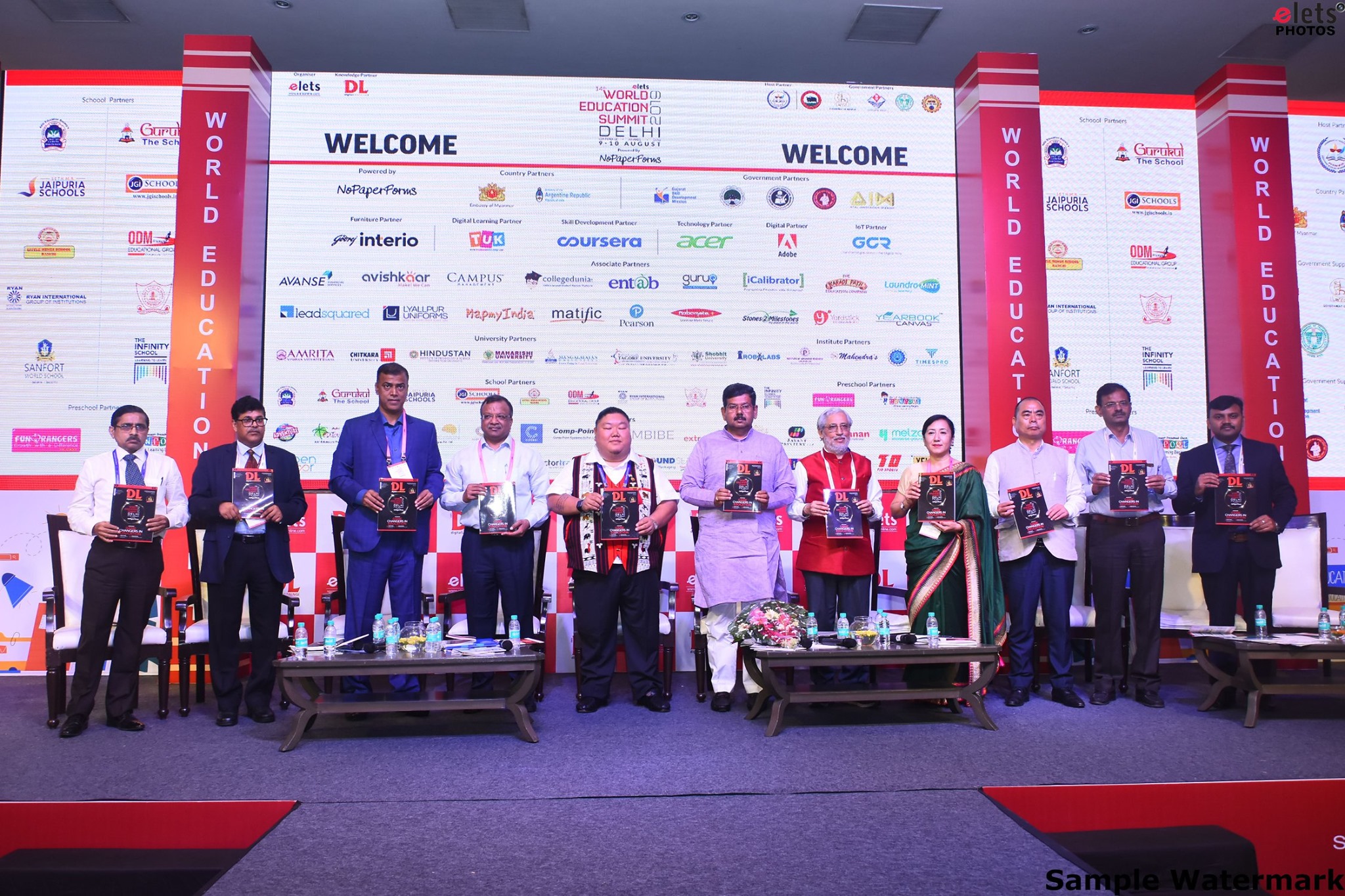The Second Elementary Education Project aims to improve quality and access to this critical social service. The project also aims to promote equity by enabling hard-to-reach children to attend school. It will create better learning conditions for all children and provide capacity building and academic support to state and sub-state education structures. In the area of oversight, the project will help monitor learning outcomes and support research and evaluation of quality initiatives.
India has made strong progress in enhancing access to education. In 2002, India made elementary education a fundamental right of every child through its 86th constitutional amendment. Between 2003 and 2005, the number of out-of-school children was reduced from 25 million to about 13.4 million. The transition rates from primary to upper primary also improved, from 75% in 2002 to 83% in 2006. There has been a significant reduction in gender gaps. Access for children from marginalized groups, minorities, extremely poor households, and educationally and economically lagging states has increased.
“The Sarva Shiksha Abhiyan program has served as a powerful vehicle to mobilize stakeholders at all community, district, state, and national levels around the objective of ensuring that every child from 6 to 14 years is included in the education system,” said Isabel Guerrero, World Bank Country Director for India. “The challenge now is to include those hardest to reach and to ensure that children get the quality education which is a critical foundation for both higher levels of education and creating the skills needed to have a significant impact on economic development.”
The project is the second phase of support by the development partners to the government's ongoing and evolving SSA program. With more and more children now entering school, the focus in this next phase is on quality with equity. In addition to capacity building and monitoring, the project will also support plans to enable the hard-to-reach children to attend school. In areas where access to education remains low, it will support provision of teachers and construction of primary and upper primary schools. It will also support provision of free textbooks and grants to private aided schools to encourage them to subsidize enrolment of students.
“The first phase of development partners' support to the program saw a rapid expansion of primary school facilities across the country, especially in remote and socially disadvantaged areas,” said co-team leaders Amit Dar, World Bank Lead Education Economist, and Venita Kaul, World Bank Senior Education Specialist. “SSA II focuses on moving towards the achievement of quality goals and improved learning outcomes. Achieving these goals will play a big role in moving towards the achievement of the education Millennium Development Goals on a global scale.”
Total cost of the SSA II is estimated at US$10.7 billion, of which the states of India will contribute close to 36.9%, the Government of India will contribute around 53.7% and development partners 9.4%.
The credit is provided by the International Development Association (IDA), the World Bank's concessionary lending arm and has 35 years to maturity and a 10-year grace period.





















